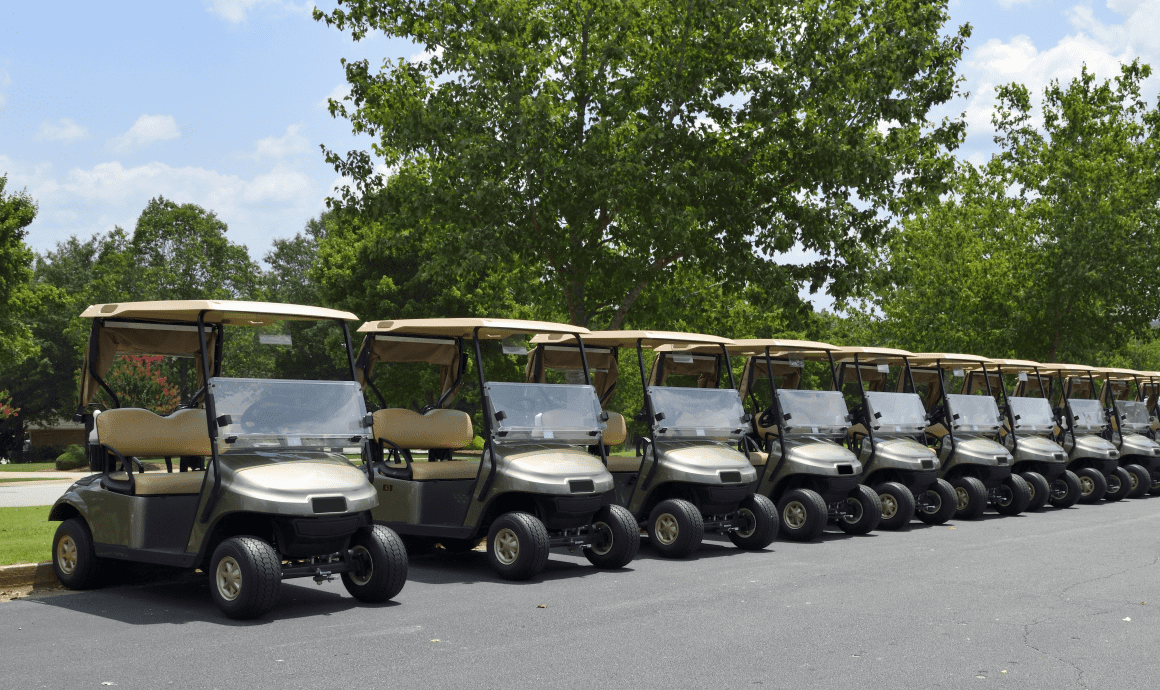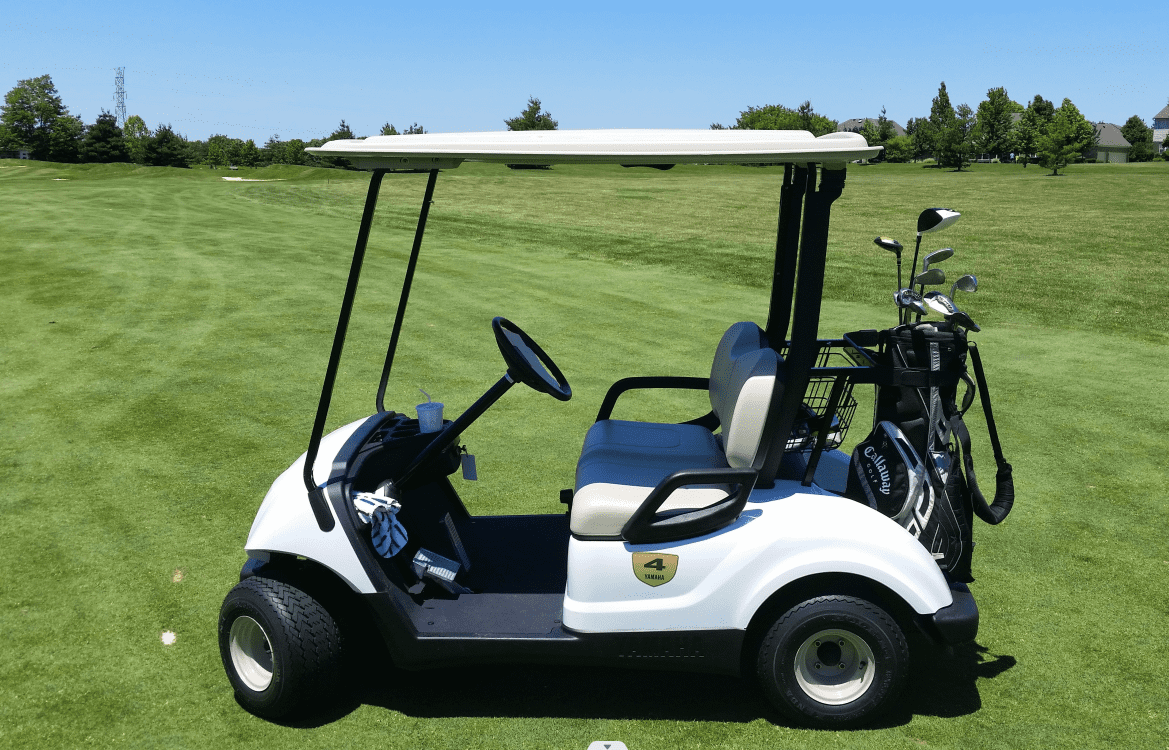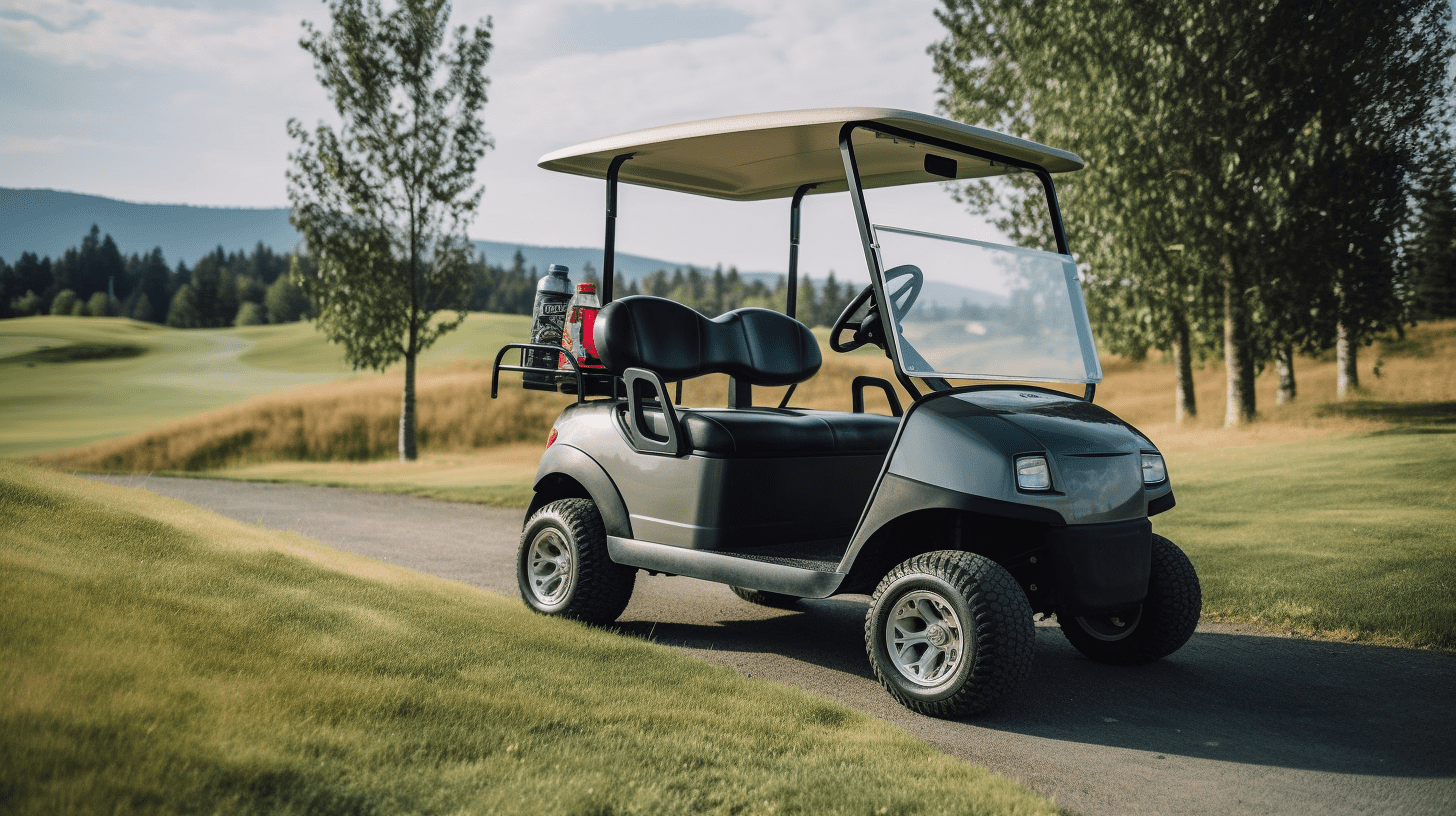Nevada Golf Cart and LSV Laws: Navigating Roadway Regulations
In Nevada, golf carts and Low-Speed Vehicles (LSVs) must adhere to specific laws for safe operation on public roads. Operators need a valid driver’s license, and the vehicles must be equipped with essential safety features like headlights, turn signals, and rearview mirrors. Local ordinances may further dictate where these vehicles can be driven.
Latest News
- Legislative Updates: Recent changes in Nevada legislation have clarified the requirements for golf carts and LSVs, emphasizing safety and compliance with roadway regulations.
- Local Ordinance Variations: Different counties and cities are establishing their own rules regarding the use of golf carts and LSVs, which can differ significantly across the state.
- Growing Popularity: The demand for golf carts and LSVs is increasing as more residents seek eco-friendly transportation options, leading to discussions about infrastructure improvements.
- Safety Campaigns: Local authorities are launching initiatives to educate residents about the laws governing golf carts and LSVs to promote safe driving practices.
Redway Expert Comment
At Redway Battery, we recognize the importance of compliance with Nevada’s regulations for golf carts and LSVs. Our lithium LiFePO4 batteries provide reliable power for these vehicles, enhancing performance while ensuring adherence to safety standards. We encourage all operators to stay informed about local laws to ensure a safe and enjoyable driving experience.”
Understanding Nevada’s Golf Cart and LSV Laws
1. Definition of Golf Carts and LSVs
Golf Carts
In Nevada, golf carts are defined as small motorized vehicles primarily designed for use on golf courses but can also be operated on public roads if they meet specific criteria.
Low-Speed Vehicles (LSVs)
LSVs are defined as four-wheeled vehicles that can reach speeds between 20 to 25 mph. These vehicles are permitted on public roads with speed limits of 35 mph or lower.
2. Licensing Requirements
To operate a golf cart or LSV legally in Nevada:
- Driver’s License: Operators must possess a valid driver’s license.
- Age Restrictions: Some local jurisdictions may impose age restrictions on who can drive these vehicles.
3. Required Safety Equipment
Nevada law mandates that both golf carts and LSVs be equipped with certain safety features:
Lighting Requirements
- Headlights: Must be functional for visibility during low-light conditions.
- Taillights: Required to alert other drivers when stopping or turning.
Turn Signals
Turn signals are necessary for indicating lane changes or turns to enhance safety on public roads.
Reflectors
Reflectors should be installed on the rear of the vehicle to improve visibility at night.
4. Registration Process
While registration requirements may vary by municipality, many areas in Nevada require golf carts and LSVs to be registered:
- Title Application: Owners must apply for a title through their local Department of Motor Vehicles (DMV).
- Registration Fee: A small fee may be required for registration, which varies by locality.
5. Local Ordinances and Restrictions
Operators should familiarize themselves with local ordinances regarding where they can operate their golf carts or LSVs:
Designated Roads
Many towns allow these vehicles on roads with speed limits of 35 mph or lower but may restrict access to certain areas.
Parking Regulations
Local laws may dictate where golf carts and LSVs can park, often requiring designated parking spaces.
6. Insurance Considerations
While insurance is not universally required for golf carts in Nevada, it is advisable to have liability coverage. This protects operators from potential costs associated with accidents or damages while using their vehicles on public roads.
7. Safety Tips for Operators
To ensure a safe driving experience while operating a golf cart or LSV in Nevada, consider these essential safety tips:
Follow Traffic Laws
Golf cart operators must obey all traffic signals and signs as they would in any motor vehicle.
Use Hand Signals
If your turn signals are not functioning correctly, use hand signals to indicate turns or lane changes.
Stay Visible
Wearing bright clothing and adding reflective materials to your vehicle can enhance visibility during the day and at night.
Avoid Distracted Driving
Stay focused while driving by avoiding distractions such as mobile devices or loud music that may divert your attention from the road.
8. Environmental Impact of Golf Carts and LSVs
As more individuals turn to golf carts and LSVs as alternative modes of transportation, it’s essential to consider their environmental impact. Electric models produce zero emissions during operation, contributing positively to air quality compared to traditional gas-powered vehicles.
9. Future Developments in Golf Cart Regulations
As the popularity of golf carts and LSVs continues to rise in Nevada, ongoing discussions regarding regulations will likely emerge. Local governments may implement additional infrastructure improvements, such as dedicated lanes for these vehicles or expanded access routes.
Conclusion
Navigating the laws surrounding golf carts and LSVs in Nevada is essential for ensuring compliance and promoting safety on public roads. By adhering to licensing requirements, equipping your vehicle with necessary safety features, understanding local ordinances, and prioritizing safe driving practices, you can enjoy the benefits of using a golf cart or LSV while contributing positively to your community. As this mode of transportation becomes more popular, staying informed about regulations will ensure a safe and enjoyable experience on the road.
FAQs
Can golf carts be street legal in Nevada?
Yes, golf carts can be street legal in Nevada if they meet specific requirements, such as having headlights, taillights, turn signals, rearview mirrors, a windshield, and seat belts. They must also not exceed a speed of 25 mph and should be registered with the DMV.
What does LSV mean on a golf cart?
LSV stands for Low-Speed Vehicle. It refers to vehicles designed to operate at speeds between 20 and 25 mph. LSVs must meet certain safety standards and are subject to registration and insurance requirements, making them suitable for use on public roads.
Are LSVs legal in California?
Yes, LSVs are legal in California. They must comply with state regulations, including safety equipment requirements like lights and seat belts. LSVs can operate on roads with speed limits of 35 mph or less and must be registered with the DMV.
Are golf carts street legal in Mesquite, Nevada?
Yes, golf carts can be street legal in Mesquite, Nevada, if they comply with local ordinances. They must meet safety requirements and can only operate on streets where their use is permitted. Operators must also have a valid driver’s license and insurance.








